We can learn many survival lessons, simply by looking back at what our ancestors did.
Before the existence of our modern infrastructure, life was all about survival. Survive a drought, survive a storm, survive an Indian attack, or survive winter. Whatever it was, they were focused on survival. There was no need for a prepping movement back in the 1800s because pretty much everyone was a prepper, especially those living on the farms.
For farmers, everything revolves around planting and harvest. That covers less than half the year in many places and can be as short as three to four months if you go north far enough. So does that mean that all those farmers get half a year off every year? Obviously not. There was much more to do on a farm than just tend to the crops. Wintertime was the time to do all that.
Should we ever be hit by a TEOTWAWKI level event, then most of our lives will be reverting to one very similar to the life they lived back then. While there will be craftsmen and specialists who emerge, most people will be raising food to eat. That will consist of a combination of growing vegetables and growing animals, although the plants will be the bigger part of the two.
Making Best Use of Their Time
A farmer’s work was never done. There’s just too much work to do on a farm. The farmer needs to be more than just one who understands growing and harvesting plants; they need to know animal husbandry, carpentry, tool repair, and a host of other skills. Today, farmers have to be good mechanics on top of everything else.
Wintertime was just as busy as planting to harvest was. It was just that they worked on different things. Many of those were projects that there just wasn’t time to do when they were taking care of their crops. Letting those things go till wintertime made better use of their time, allowing them to cultivate more land, while still meeting all their family’s needs.
With so much to do, farmers just naturally became experts at making the most of their time. Every waking hour was filled with activity; and I’m not talking video games. They didn’t need the entertainment to fill their day; they had plenty of other things to fill it.
Many years ago, I made a decision to turn off the TV and leave it off. Like most Americans, I was spending too much time watching paid actors and athletes (the same thing in my book) do things, instead of doing them myself. I decided that life was too short to spend my time watching someone else live it, rather than living it myself.
That was one of the best decisions I ever made. My days are still filled, but now they’re filled with activities that I enjoy. What would have been time vegetating in front of the television is now time in my workshop or garden. I get more done and I’m not bored. I even find time for the occasional movie.
As preppers, one of our most valuable commodities is our time. Many complain about not having enough money to buy everything they need, and I get that, but time is actually more of an issue than money is. If we had more time to learn new skills, make our prepping gear and grow our food, we wouldn’t need to spend as much money having others do it for us. Those ancestors didn’t; they did everything they could for themselves.
The Daily Chores
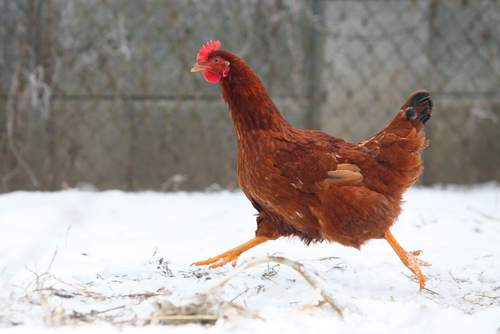
A part of every farmer’s day is the daily chores. If you’ve got animals on a farm, you’ve got to take care of them. Since we’re talking the 1800s, the average farm probably had a couple of horses, a milch cow or two, and some chickens. All of those need to be fed and cared for daily. The cows needed to be milked morning and night as well.
Milking a cow by hand takes about a half-hour; so a full hour a day of the farmer’s time was taken up with milking their cow, assuming they had one. Having 10 cows (which hardly anyone did) became a full-time job. That might work for someone living right outside of town, where they could sell the milk in the city; but it wouldn’t work for most farmers.
There were other things to do too; like getting water from the well and bringing in firewood. A typical farm family in colonial America would go through something like 40 cords of wood per year. Just keeping wood in the home so that the fires could keep burning was a constant job.
Likewise, we’re going to be faced with our own list of daily chores, whenever we find ourselves in a long-term survival situation. organizing those tasks, so as to be able to accomplish them in the least possible time, is going to become an important part of our survival.
Once the Harvest is In
Harvest time was a big deal on the farm. Just getting the harvest in, before the first freeze came, was important. Since harvesting was mostly done by hand, it could take a month or more to finish. But the work didn’t stop once the harvest was in the silo; something had to be done with all that food.
Farmers typically grew some food for sale and some for the family to eat. The fields we always think about were the food they were growing for sale. They’d keep a little of it, but most would be sold, bringing in much-needed cash. But then they also had a vegetable garden and a few animals. Those were to provide food for the family. Famers typically grew all their own food, except for flour, sugar, and some other staples. Some might also hunt for meat.
Cash crops had to be sold, then hauled to the elevator that was buying the crop. That either meant loading up the harvest in the family wagon and hauling it to the company’s elevator directly or hauling it to the nearest railhead. In either case, it would take several trips, as a buckboard could carry about as much as a modern pickup truck. So if they harvested 2,000 bushels of corn, it was something like 50 trips in the average buckboard.
While the man of the house was doing that, his wife would be busy in the kitchen, canning as much produce from their garden as she could. While some things stored well in the root cellar, assuming they had one, not everything did. So canning was an important part of ensuring that there would be food to eat all winter and on till the next harvest season.
Between harvesting, hauling the food off to sell, and canning what the family was going to use, it would probably be sometime in December before all that work was done and the farm family could go into “winter mode” and stop thinking about crops for a few months.
Repair Time, Project Time
Wintertime was a great time to make the repairs that were put off during the part of the year which was focused on the harvest. From planting time in the spring, to harvest time in the fall, many non-critical things were let go, until a more convenient time for repairs. That time was the winter.
It wasn’t just a good time for these projects because there weren’t crops to tend, but also because there was money to work with. Having just sold their harvest, the family was about as cash-flush as they ever got; so they could afford to buy what they needed to make repairs on their home, outbuildings, farm equipment, and anything else the family-owned.
Farm equipment was checked over carefully, looking to see what repairs might be necessary. With their simpler equipment and vehicles, it was easier to spot something that was wearing out. It wasn’t unusual for a farmer to make replacement wagon wheel spokes or take the wheels off his wagon to grease the hub. Some things would require a trip to the local blacksmith, like getting a plow repaired before spring planting.
There were many things that could be done while sitting by the fire, waiting out a blizzard. From making nails to repairing harnesses and on to sewing clothes, there were always plenty of projects that needed doing, while sitting and chatting. These months were a great time to do them, especially when Old Man Winter was having his say or in the evenings, before going to bed.
This is something we could easily adapt to our lifestyle, even while watching our TV shows and movies. There’s nothing to say you can’t sit on the sofa and do something while watching that movie you’ve been wanting to see. Knitting, sewing, handicrafts, wood carving, leatherworking, and a host of other small crafts can be done in front of the TV, making good use of that time.
This was also a good time for farming families to make improvements to their homes. Many farmhouses grew through the years, as rooms were added one at a time. This was project time; when there was time to do the things that needed to be done to make their lives better.
Just as it was for them, wintertime is a great time for us to get projects done that we don’t normally have time for. Summer activities are over for a while, as well as gardening and mowing the lawn. Winter weekends are a great time to get those projects you wanted to do around the house done, like building a fire pit or making a solar dehydrator. Just don’t try and dig a pond or root cellar in the frozen ground.
Cutting Firewood
Wintertime was the time to cut and split the year’s firewood supply, all 40 cords of it. Doing it in the wintertime was a whole lot easier than in the summer sun. Felling and cutting trees is a good workout, allowing that wood to warm the woodcutter twice.
It was often easier to haul wood on a sled or sled in the wintertime than it was to haul it in the summer, so cutting firewood in the winter made sense for more than just one reason. Once cut, it would need to dry for at least six months anyway, so they were actually working as much as a year and a half in advance, to make sure they’d have wood to burn.
Those farmers had to be constantly thinking ahead, getting ready for the next year. Whether it was cutting firewood or setting aside seed for the next year’s planting, everything was about the future. A farmer who is just thinking about today isn’t going to have a harvest, so they quickly learn to deal with today’s needs, while working on preparing for those of tomorrow.
This habit of looking ahead is something we could use to our benefit. All this year we’ve been dealing with problems, from the pandemic to urban riots and violence. Our stockpiles may be depleted in some ways. if we wait until things are “back to normal” we may never get to the point of being ready again. We’re going to have to start working on it today, just like those farmers chopped wood while they still had some to use.
Prepping doesn’t stop, just because problems start. We all need to be restocking and preparing now because none of us know what next year might bring.
They Might Work a Trade
Farmers were skilled men and women, no doubt. Many also had trades they could have made a good living at if they weren’t farming. Yet they farmed because that was their way of life. Yet, some would take time in the winter, when their harvest was taken care of, to practice those trades. It was a way of bringing in a little extra money, especially to pay their taxes.
Few farmers today are full-time farmers, at least not on family farms. Many work another job, farming on the side. They can’t make enough money off of farming alone, but they don’t want to leave the family farm. So they farm because it’s in their blood and they work to pay the bills.
Most of us are faced with problems making ends meet off of our salaries. By and large, salary increases don’t keep up with inflation. Even though inflation has been extremely low in the last few years, it hasn’t always been that way and we don’t know how much longer it will be.
Having a side business, using our hobby or skills to make a few extra bucks is a great way to use the extra time. I do this, with the idea that my hobby business that makes a few bucks here and there, might eventually turn into my retirement business, providing extra income.
I also look at the various skills I have as things that can be used in a post-disaster world. Whereas some people are planning on bartering goods they’ve stockpiled, I’m planning on setting up shop, making, modifying, and repairing things that people need. That should integrate me well as a vital member of the community, as well as help with meeting my family’s ongoing needs.


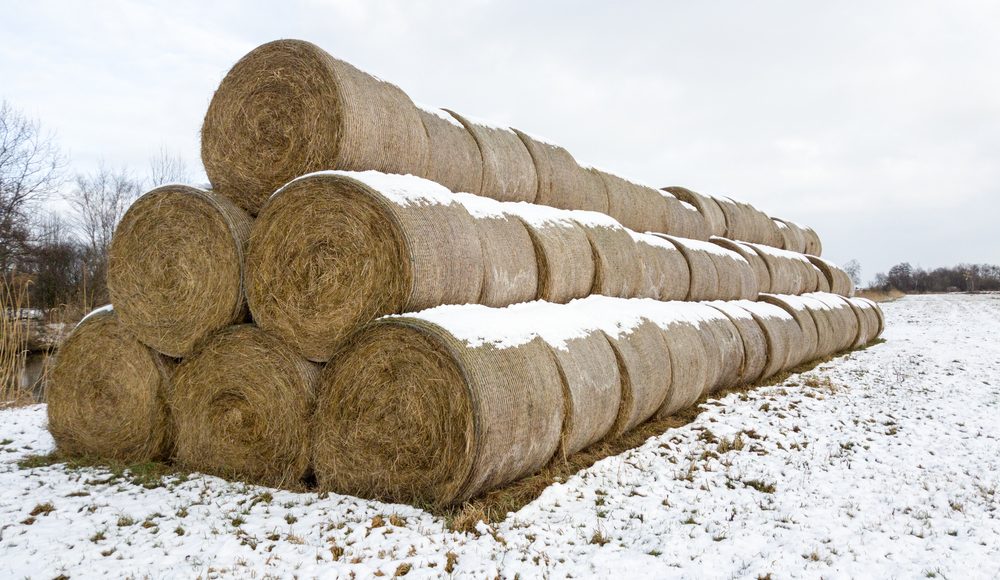


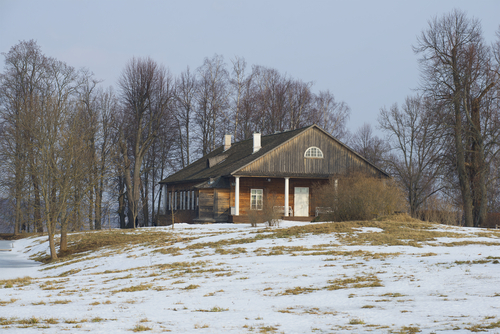


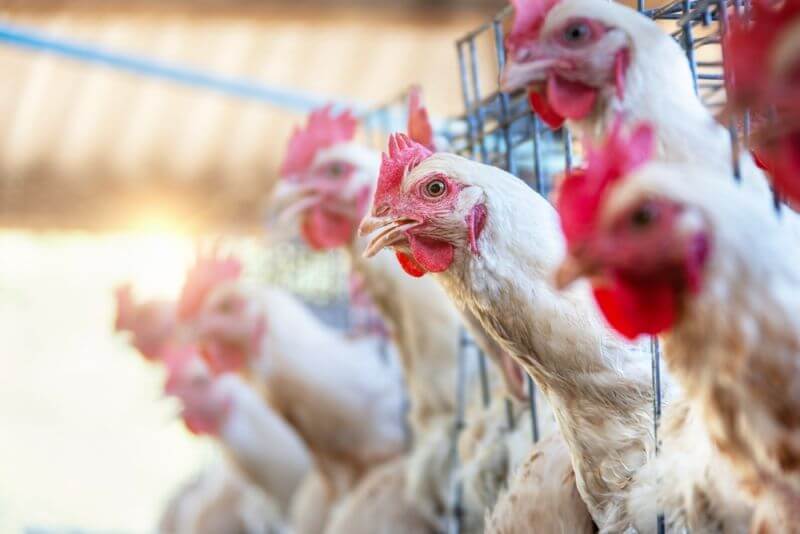
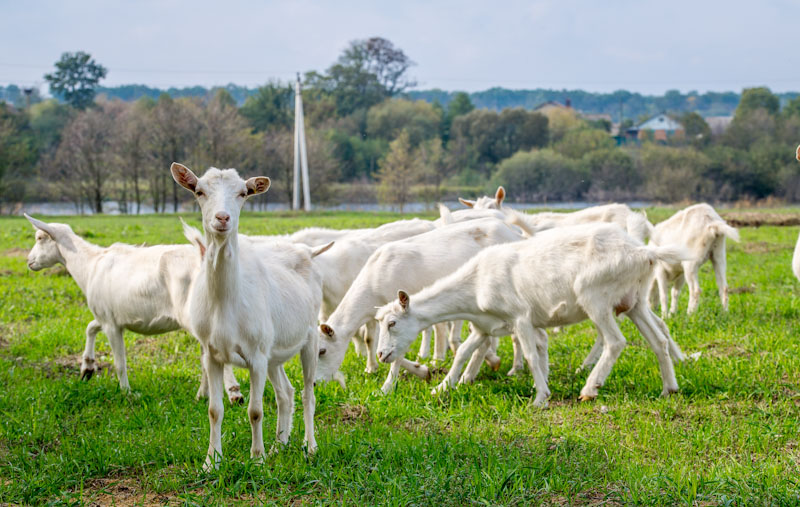



Zippy | October 27, 2020
|
Another good article Bill, Having grown up in western New York, I remember going pheasant and goose hunting on a farmers land, and sometimes we would stop and talk to the farmer. That man was always working and all I could think was…wow…what a hard life, but he was happy and that’s most important. Now retired in south Georgia, I just wish I had his green thumb and endurance. Now that the election is almost over, we hear things now and then about the far left planning on trying to bring our country down. Most of us reading your and other survivopedia articles have already started preparing to a certain extent. I just hope we never have to use the skills we’ve learned or the things we’ve stored away. Now is a good time to wish everyone well. If anything happens, I hope everyone stays safe, protected, well fed and as comfortable as possible. God Bless.
Hawk | February 26, 2021
|
What part of south Georgia? I’m just off I-75, near the Florida line..
Hawk
Alan Koisti | October 29, 2020
|
Are you sure about the 40 cords for wood? Whatever your source for that number I think was off by a decimal point, maybe 4 cords. I have in the past figured how much wood is required to heat my home in SD by comparing my current usage of natural gas, Comes to about 2.5 – 3 cords per year. Add in wood for cooking, 4 would seem about right. I appreciate your article, gives us an incite of what to expect if SHTF.
John | November 11, 2020
|
They did not have modern insulation as we do, for one thing. Another thing is they had fires 24/7/365 because even if not for heating, they had it for cooking. I agree it may not be 40 cords but at least 10 to 15 depending on the winter and location.
Steve Rodgers | February 23, 2021
|
Just remember, there was not a need for 24 hour fires. They would bank the coals to restart the fire in the morning.
Homes were not always heated while sleeping. They just let the house cool off and start the cycle in the morning.